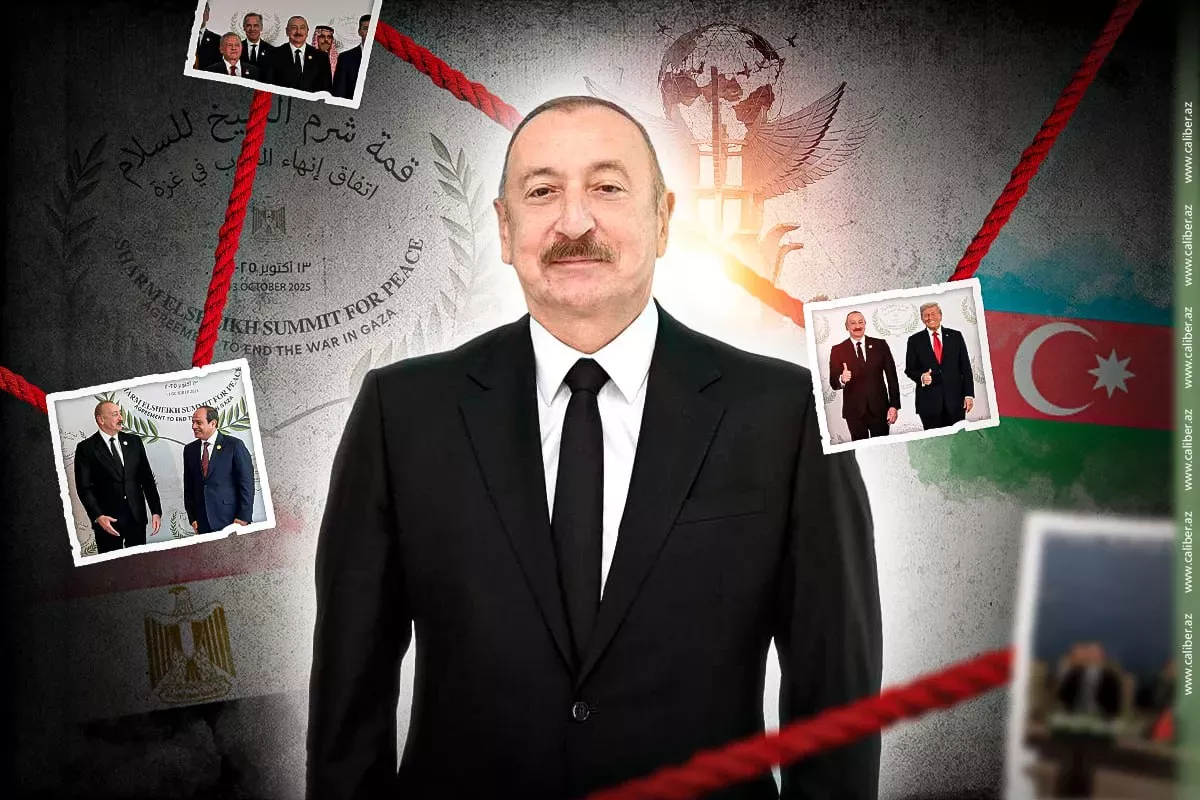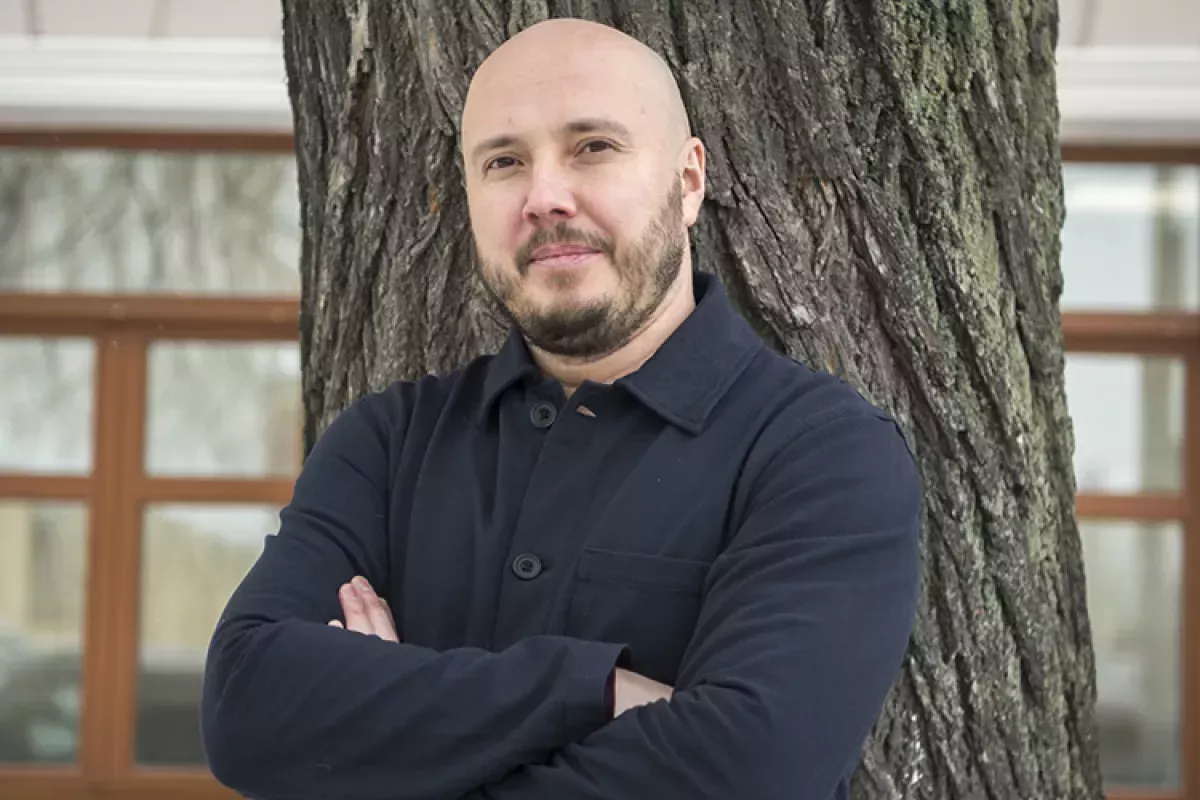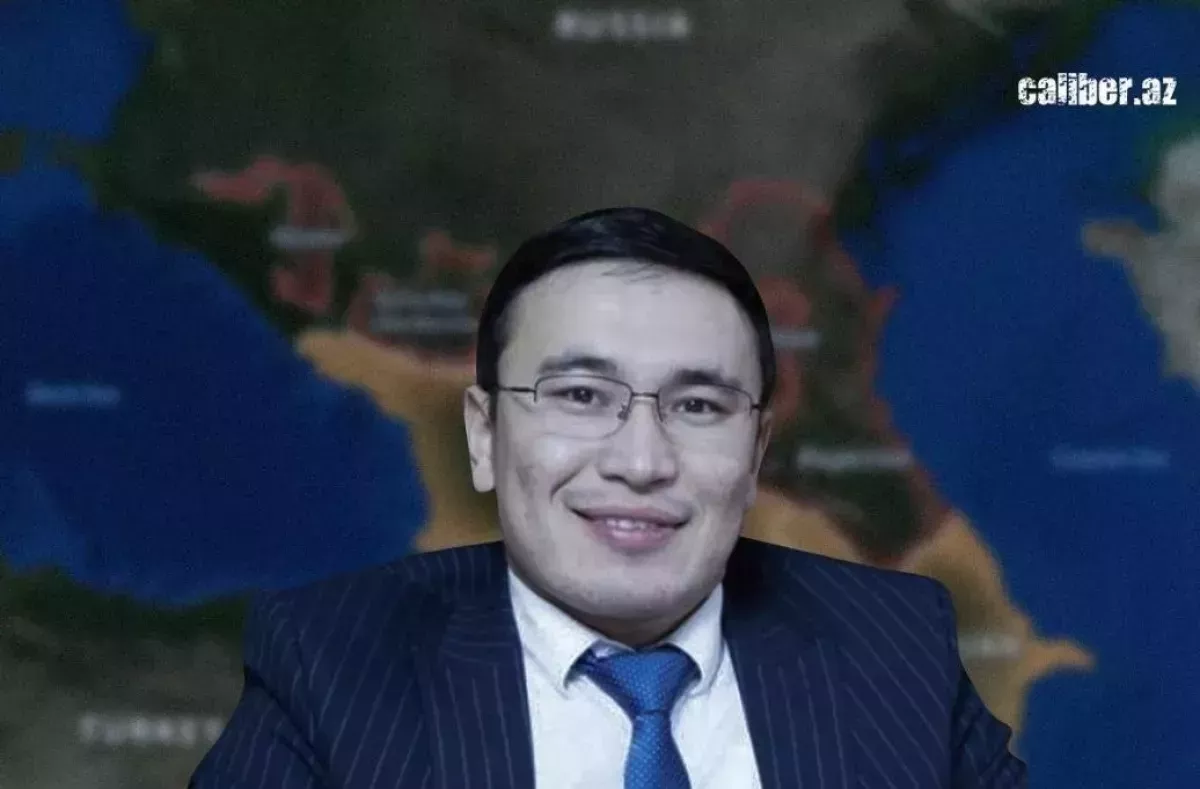“Azerbaijan is a serious player – now everyone understands it” Russian, Belarusian, and Kazakh analysts weigh in
Recently, in a post on the social media platform X, Hikmet Hajiyev, Assistant to the President of Azerbaijan and Head of the Department for Foreign Policy Affairs of the Presidential Administration, noted that President Ilham Aliyev’s participation in three international summits within just ten days reflects the multidimensional and multiregional nature of the country’s foreign policy.
As Hikmet Hajiyev emphasised, each of the summits took place in different geographic regions and formats: “1–2 October – EPC, Copenhagen. Meetings and discussions with the EU and other partner European countries. 6–7 October – Summit of the Organisation of Turkic States in Gabala. Solidarity and unity of the Turkic World. 9–10 October – CIS Summit in Dushanbe.”
In addition to these events, President Aliyev also participated in the Middle East Peace Summit in Sharm El-Sheikh, which Hajiyev described as a diplomatic victory for our country.
“Azerbaijan is the desirable partner for all parties for the regional peace agenda in the Middle East,” Hikmet Hajiyev wrote on social media.

But what do foreign experts and analysts think about Azerbaijan’s political strategy? Caliber.Az asked Russian, Belarusian, and Kazakh experts for their views.
Russian political analyst and editor-in-chief of the portal Poistine, Ruslan Aisin, noted that Azerbaijan’s geopolitical position alone necessitates a flexible and multidirectional foreign policy approach.

“The very fact that Azerbaijan is located in the Caucasus—a region that has historically been one of the centres of global influence, a crossroads of civilisations, cultures, religions, and trade routes—dictates that the country must develop an approach that allows it to skillfully coordinate relations and pursue a multidirectional policy both with its neighbours and with major powers. And, I must admit, it is doing this very successfully,” Aisin emphasised.
According to him, Azerbaijan today enjoys high prestige in the Turkic world and among post-Soviet states, and also plays a significant role in the Middle East, including in post-war reconstruction efforts in Gaza.
“Baku has made the right choice by focusing on an effective foreign policy and selecting professional personnel. Therefore, Azerbaijan’s authority will undoubtedly continue to grow. We are already seeing that Moscow, despite attempts at pressure, has not achieved its goals, while Eastern European countries are actively seeking friendship with Azerbaijan,” the political analyst concluded.

In turn, Belarusian political analyst and Candidate of Political Sciences Svetlana Korniechenko believes that President Aliyev’s participation in a series of summits over just a few days—each with a completely different geopolitical scope and agenda—best illustrates the strategy that the Republic of Azerbaijan is pursuing in global politics.
“Such political activity is a clear signal that Azerbaijan is not tied to any single bloc or sphere of influence. In this way, Baku demonstrates its independence and its ability to maintain dialogue with diverse geopolitical players, even when their interests do not always align. Hikmet Hajiyev’s remark about changing geopolitical identities reflects that Azerbaijan is aware of ongoing transformations in the world order and actively adapts to them. This highlights the pragmatism and flexibility of the country’s foreign policy,” the analyst said.
According to her, all these events underscore Azerbaijan’s status and the weight and role it holds in international politics.
“Look at the interest foreign politicians have shown in Ilham Aliyev at these events—it was virtually phenomenal. It’s worth noting that they themselves initiated on-the-spot discussions with the Azerbaijani leader. And these are world-class politicians, such as Hungarian Prime Minister Viktor Orbán.
Also, notice how Emmanuel Macron is becoming increasingly friendly towards Aliyev—he practically radiates warmth and seeks to build relations with Azerbaijan. Here, one cannot overlook the skilful political strategies and the moves Baku has played to make a politician like Macron so favourable towards Azerbaijan. This includes a firm, unwavering policy in response to France’s attempts to assert influence in the South Caucasus, as well as the ability to engage in dialogue with Yerevan, achieving over several years a scenario of comprehensive peace agreements with Armenia, which essentially eliminated the negative perception Paris had as Armenia’s main advocate. Now, with Pashinyan himself stating that Armenia has no claims against Azerbaijan and is ready to sign a peace treaty, the Fifth Republic has nothing to reproach Baku for and cannot manipulate this issue.
Thirdly, there is the international weight that Azerbaijan is gaining in regions where Paris is losing influence, including the Middle East and former French colonies, which are now rallying around Baku,” concluded Korniechenko.

Meanwhile, according to Kazakh political analyst Azat Akhmetov, Azerbaijan has emerged as a leader in global politics within a very short period, skilfully navigating multiple vectors of power while maintaining its sovereignty, stance, and political will.
“I believe many world leaders are drawn precisely to these qualities. The fact that Baku always has its own viewpoint on every issue, never compromises its position, yet can find common ground with vastly different parties and major centres of power in the world, is remarkable. Undoubtedly, one must also note the bloc of political actors supporting Azerbaijan, which further amplifies its policy’s weight and influence. Baku has built these connections through its masterful diplomacy both in the East and the West—a feat that is truly admirable.
The country’s global partners represent entirely different geopolitical vectors—Türkiye and China, and now the United States has joined them. Donald Trump has recently emphasised his admiration for Azerbaijan’s stance, highlighting President Aliyev as a reliable partner of the West. This has also strengthened Baku’s political image on international platforms. The fact that Azerbaijan is a serious player is now recognised in Europe, the Middle East, and practically everywhere,” Akhmetov stated.








